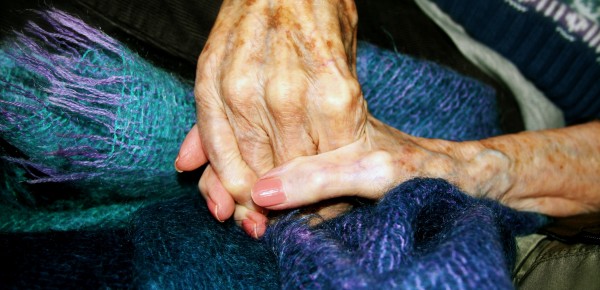
Classic LifeCare’s Andrea Warren discusses palliative care and ending well on your own terms.
Earlier in 2014, the Canadian Hospice and Palliative Care Association (CHPCA) released the results of a Canada-wide survey focusing on perceptions of palliative care in Canada.
Many Canadians have little idea about what palliative care is. Decisions about end-of-life care are often left until the last minute.
I have been a private home care nurse for over 17 years. During that time, I’ve witnessed many families and caregivers in the client’s final days at home. I have often had the honor of being part of a team that provides palliative care to an individual until the end.
I’m often asked by families, “How long can we keep our loved one at home?” The answer I most often give has been, “Until the end.”
Changes in approaches to end-of-life care mean there has been a shift in palliative care in the last few years for people to go home to carry out their final days.
This has often shown to be a very positive experience for the palliative person and their family. This allows the person to be surrounded by their family in the comforts of their own home with the assistance of trained palliative care professionals.
Making choices on your own terms
Palliative home care can mean ending on your terms. It can give an individual a sense of control in a very uncontrollable situation.
Ending well at home can give a sense of control in the final stages of life. The comfort of being surrounded by your loved ones and your belongings is important. It allows you to sleep near your partner as you have always done.
You are in control of setting your own agenda and can eat, sleep, and bath when you like. Being at home allows you to be surrounding by the people that love you. These are the people who have always been there for you and will be there until the end.
Ending well at home
When an illness is deemed terminal, a person is given a palliative care program. This is a program comprised of case managers, doctors, nurses, social workers and therapists. They have wonderful resources and support for the person suffering and their family. Your family doctor will help you access these programs when the time is right.
Private home care is an important part of this process. Although the palliative care programs provide a lot of support they can be limited to the number of care giving hours due to government budget restraints. The palliative care case managers will often refer you to private home care.
People have a lot of flexibility with private home care. They can receive everything from homemaking, personal care, pain management, meal preparation to nursing care. At Classic LifeCare, a Nursing Supervisor will help you find health care workers to suit your needs.
Classic LifeCare nurses work alongside the palliative care program to create a care plan. This provides optimum support to the palliative individual and their family.
Receiving good palliative care requires the palliative care program and Classic LifeCare to pay attention to all the details. Every situation is unique and personal.
What is most important for caregivers and family to remember is that we need to listen to what the person who is terminally ill wants and help guide them to this place. It is important to remember in palliative care we are not saving lives. We are helping this person end on their terms with comfort, dignity and peace.






